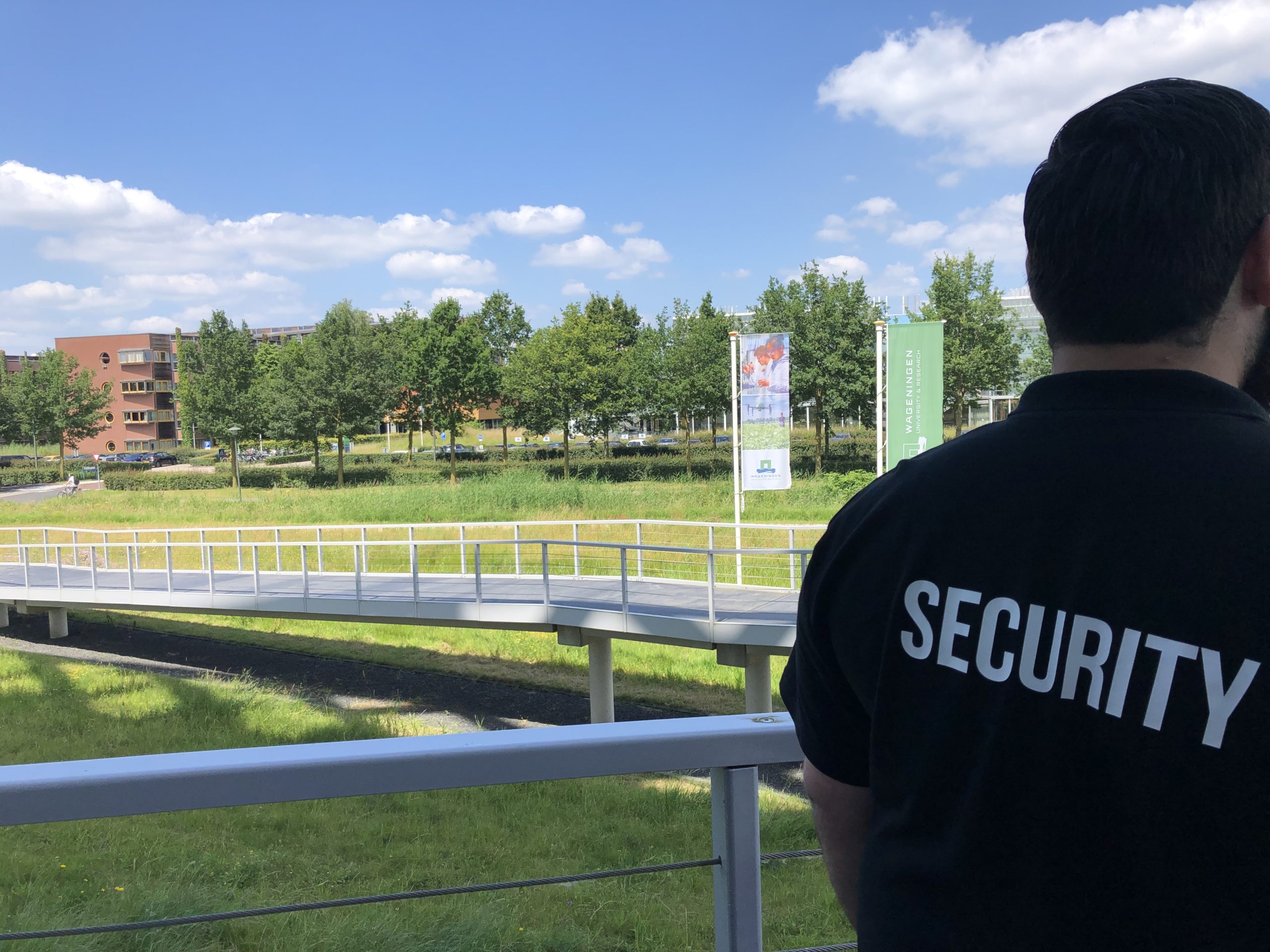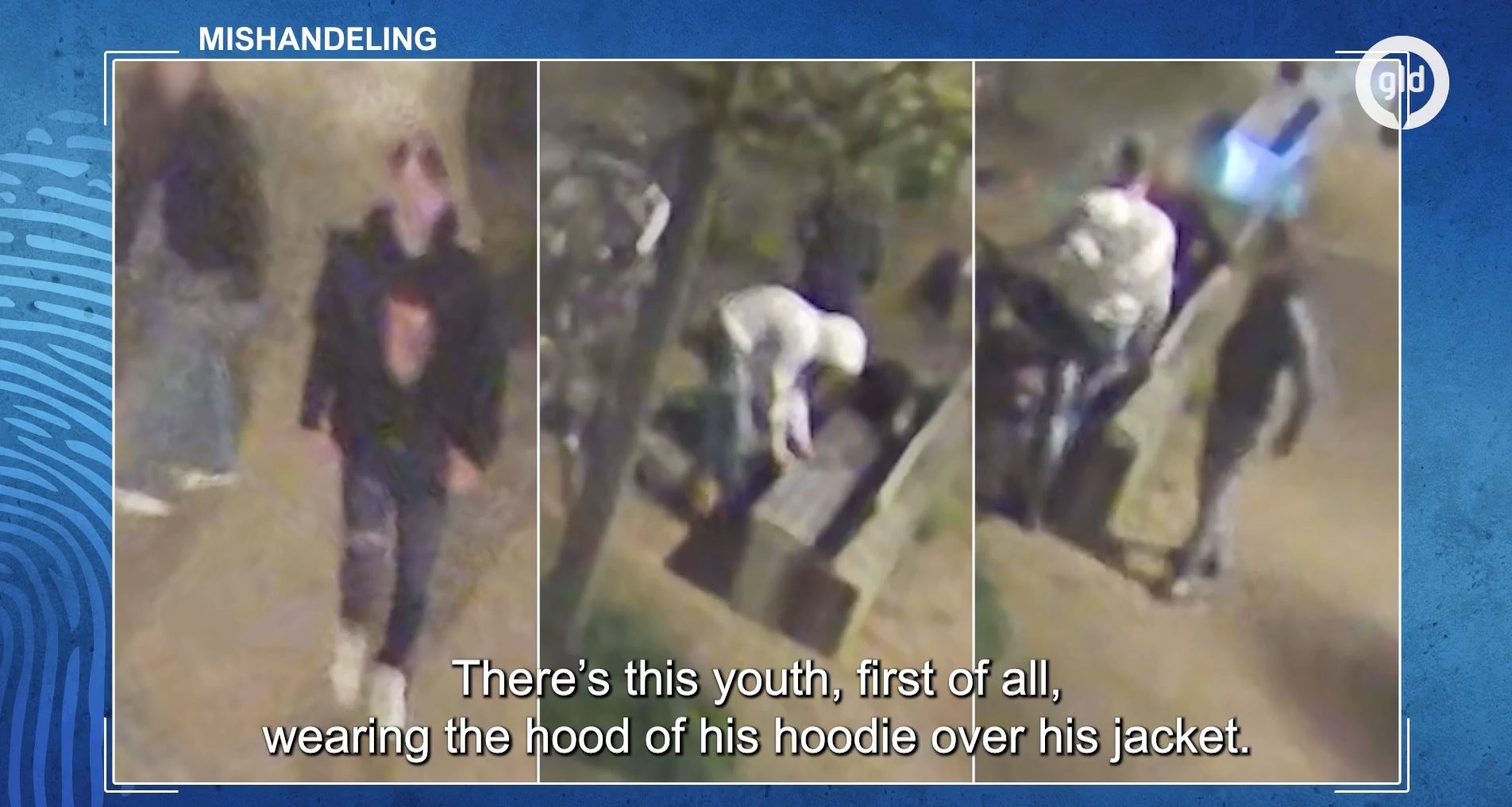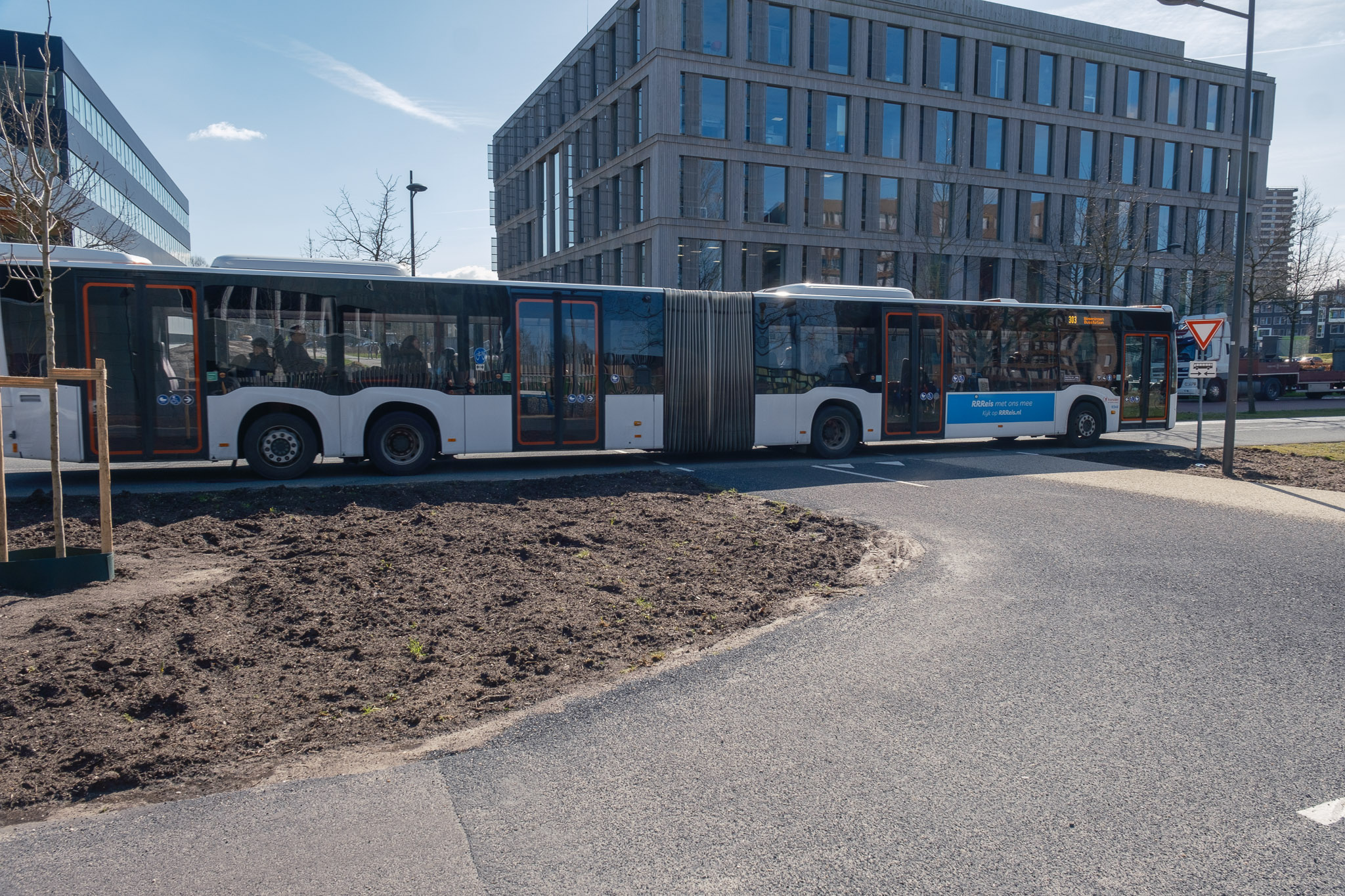Security measures were taken for 59 scientists in the last year. The measures were deemed necessary due to the hatred and threats directed at the scientists. The measures vary from stepping up campus security to taking contact information offline.
For 45 employees, these were one-off measures, while 14 employees have permanent security measures taken for their protection. This information was provided by the first ‘External intimidation, hate and threats against scientists monitor’, which was published today.
The institutes may decide to take a researcher’s contact information offline, implement entry security in certain buildings, relocate an employee to another location or filter all hateful messages out of their email. Additionally, employees are assisted in filing a police report. Sometimes, the measures include deploying additional security officials on campus or at public events.
Such measures have a significant personal impact on our employees and their families, friends and colleagues,’ writes the Association of Universities UNL. The UNL also underscores the implications for society: When scientists are wary of expressing themselves in the public debate, in the media, social media or in other ways, this silences one of the major voices in the debate.’
Covid
Scientists’ security has been the object of concern since serious threats against virologists during the COVID-19 pandemic. Extremists frequently target scientists who voice their opinions on such issues as migration or climate change in the media. Criticism of political Islam is also not without danger.
The monitor does not provide names or concrete examples, nor does it detail at which universities or institutes there are no threats against any scientists or at which institutes more than one scientist is under threat.
Universities see an ‘increase in activism within society’, which affects scientific education and research. Security officials see a degradation of moral standards, with extreme reactions becoming more commonplace.
This causes some researchers to ‘exercise restraint in publicly communicating about their work’, the report states. According to the institutes, women and young researchers are more frequently targeted by hate, threats and intimidation. The academic community has called attention to this fact.
Self-censorship
Earlier this year, a study showed that a large minority of teaching staff and students practice self-censorship. There were considerable differences between different domains.
A special website (wetenschapveilig.nl) was launched in November 2022 to assist scientists. The website links scientists to the correct contact person within their institute. Between then and December 2023, several dozen scientists have sought assistance through this website, but many still did not. The universities believe this is just the tip of the iceberg.
Global
The monitor was made by UNL and the Technopolis research agency. The universities, research funding organisation NWO and science association KNAW answered questions.
‘It must be noted that, at the time, the demonstrations on campuses either had yet to start or had only just begun’, the monitor states. ‘Hence, the impact thereof is not included in this monitor.’
Many different sources report that scientists’ safety is under threat globally. Outgoing minister Robbert Dijkgraaf called for increased attention in the Netherlands for the safety of scientists.
Wageningen
A spokesperson states that Wageningen employees have also faced threats and intimidation. ‘Appropriate measures were taken. But, to date, no personal security was deployed to guarantee the safety of researchers here in Wageningen.’




